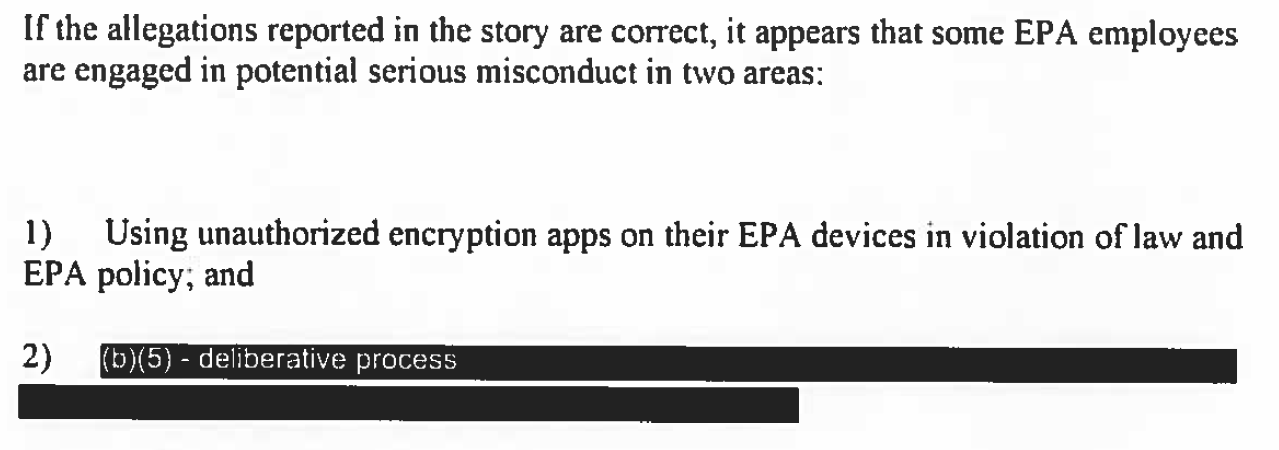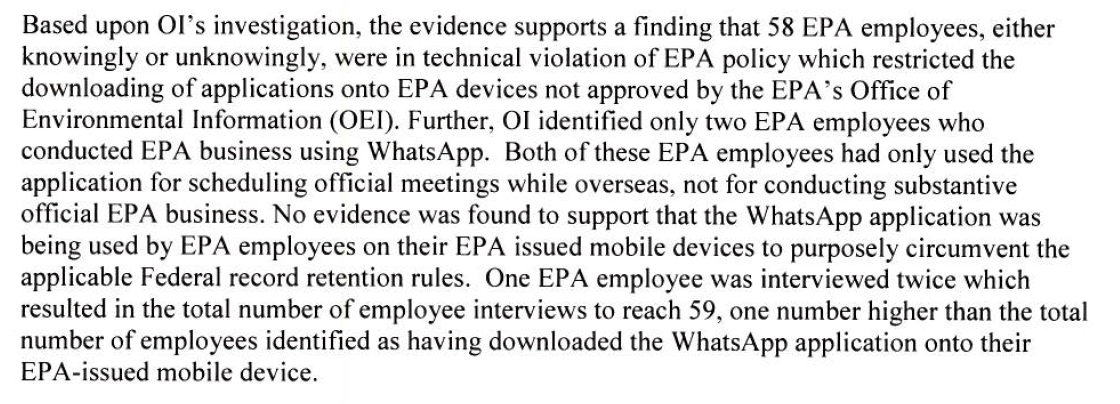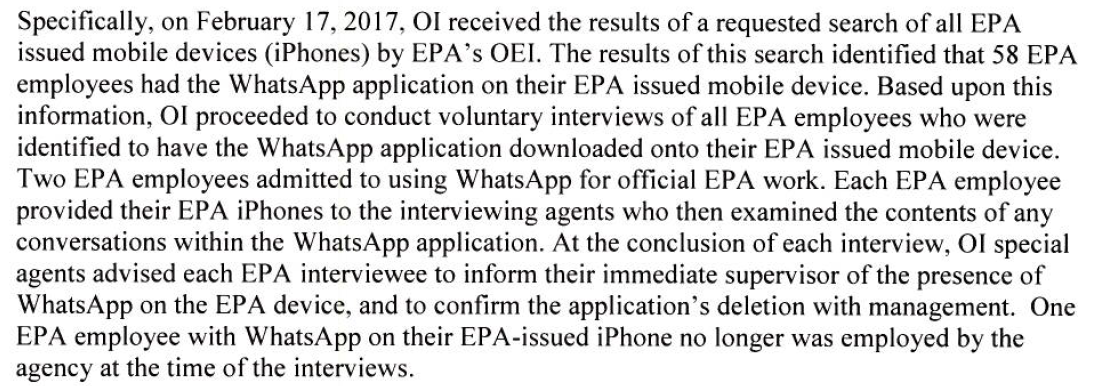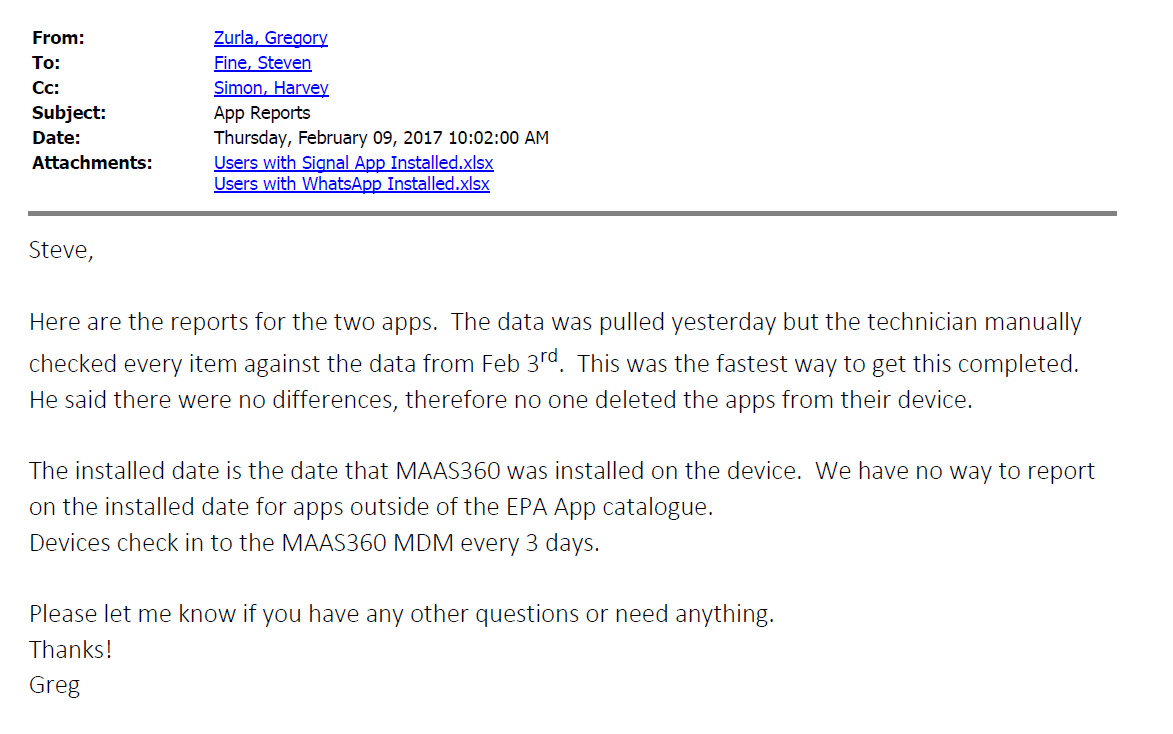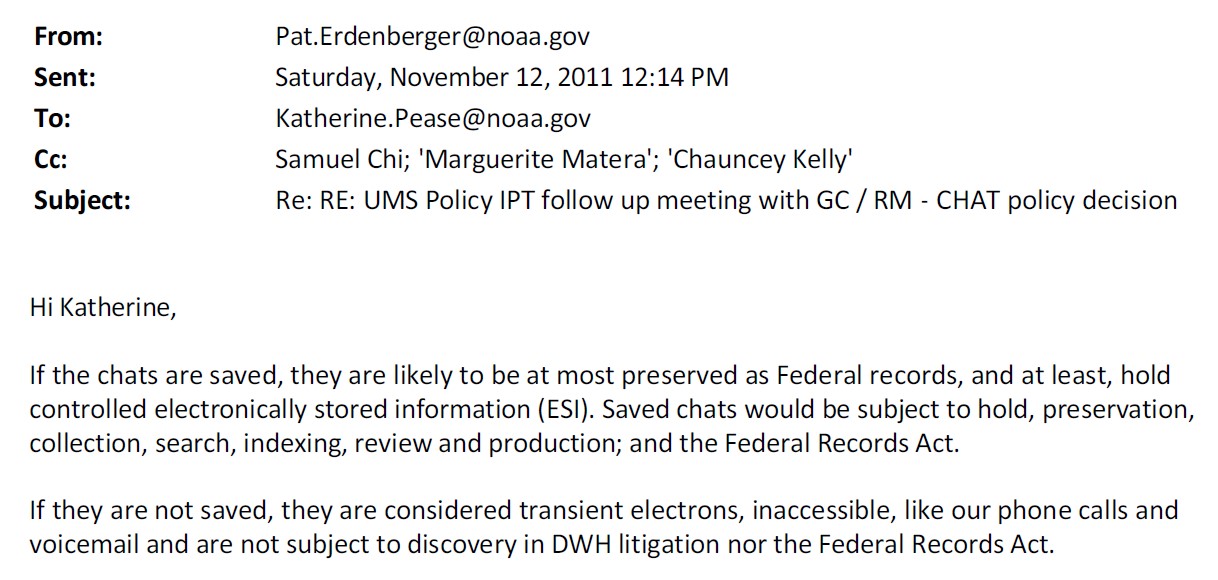Today, Cause of Action Institute filed an amicus brief in CIC Services, Inc. v. IRS in the U.S. Court of Appeals for the Sixth Circuit. At issue in the case is whether the Anti-Injunction Act prohibits courts from reviewing whether the IRS complied with the Administrative Procedure Act (“APA”) when it issued a notice related to captive insurance companies. We urged to appellate court to reverse the district court’s ruling that the Act blocks the suit and to resist the temptation to extend the D.C. Circuit’s flawed reasoning from Florida Bankers.
Notice 2016-66 and Captive Insurance
The rule at issue is contained in Notice 2016-66. The IRS believes that small companies are using captive insurance companies (i.e., a type of self-insurance vehicle owned by the company or an affiliate) as a tax shelter. But the IRS isn’t really sure if they are or what types of captives could be problematic. So the IRS created a new category of “reportable transaction” known as a “transaction of interest,” which requires companies to proactively disclose when they are using a captive insurance company to self-insure.
The problem is that this creates a recordkeeping and reporting burden on small businesses and threatens fines if they do not comply. CIC Services, the plaintiff-appellant in the case, estimates it would require hundreds of hours of labor and more than $100,000 to comply with the notice. Further, “reportable transactions” are a scarlet letter in the tax world, and many businesses would rather avoid the underlying behavior than disclose they are engaging in a “reportable transaction.”
The IRS is doing all of this without notice and comment, without studying the adverse impact of its fishing expedition, and in conflict with Congress repeatedly authorizing captive insurance vehicles for small businesses. CIC Services is also challenging whether the IRS can create a “transaction of interest” without issuing a formal regulation because Congress has limited the IRS’s ability to make “reportable transactions” to those “as determined under regulations prescribed” by the agency.[1] A simple notice does not meet this standard.
An Overbroad Use of the Anti-Injunction Act Stands in the Way
The parties’ dispute over Notice 2016-66 and whether it violates substantive and procedural limitations on the agency has all the makings of a rather pedestrian APA case. This is why we have preenforcement judicial review of agency rulemaking. Enter the Anti-Injunction Act, which prohibits suits “for the purpose of restraining the assessment or collection of any tax shall be maintained in any court by any person.”[2] The district court agreed with the IRS that the Act blocked the CIC Services suit.
But Notice 2016-66 deals with neither the “assessment” nor the “collection” of any tax; it creates a reporting requirement. The U.S. Supreme Court unanimously has held that “notice and reporting requirements precede the steps of ‘assessment’ and ‘collection’” and that suits challenging reporting requirements do not “restrain” those activities and do not trigger the Anti-Injunction Act.[3] But the D.C. Circuit recently ignored the Supreme Court’s decision in Direct Marketing in Florida Bankers[4] and the Six Circuit may be tempted to extend the D.C. Circuit’s ruling. CoA Institute submitted an amicus brief in support of a cert petition in Florida Bankers, but the Supreme Court declined to hear the case.
CoA Institute Shows the Court the Consequences of an Overbroad Anti-Injunction Act
The litigants in the case will present the court with all of the issues above. CoA Institute’s contribution was to introduce the court to the consequences of allowing IRS rulemaking to go unreviewed. We presented the research underlying our recent investigative report, Evading Oversight: the Origins and Implications of the IRS Claim that its Rules Do Not Have an Economic Impact. The danger of allowing the IRS to continue to use an over-expansive reading of the Anti-Injunction Act to block judicial review of its rulemakings is that the IRS will continue to ignore the substantive and procedural limitations on its authority.
Congress and the president have established a series of oversight mechanisms to ensure that agencies are complying with procedural requirements, taking public comments into account, and properly mitigating the adverse impacts of their rules, when possible. But the IRS has erected a series of self-made exemptions from these oversight requirements. One of those exemptions is at issue in CIC Services: does the IRS have to comply with the APA when it promulgates legislative rules? A broad reading of the AIA blocks the courts from answering that question and so the IRS continues to flout the rules.
Conclusion
The Sixth Circuit should reject any invitation to extend Florida Bankers, adhere to Supreme Court precedent from Direct Marketing, and reverse the district court’s ruling that the Anti-Injunction Act prevents preenforcement judicial review of whether the IRS complied with the APA when it issued Notice 2016-66.
James Valvo is Counsel and Senior Policy Advisor at Cause of Action Institute. He is the principal author of Evading Oversight. You can follow him on Twitter @JamesValvo.
[1] 26 U.S.C. § 6707A(c)(1).
[2] 26 U.S.C. § 7421.
[3] Direct Mktg. Ass’n v. Brohl, 135 S. Ct. 1124, 1131 (2015).
[4] Florida Bankers Ass’n v. Dep’t of Treasury, 799 F.3d 1065 (D.C. Cir. 2015)
